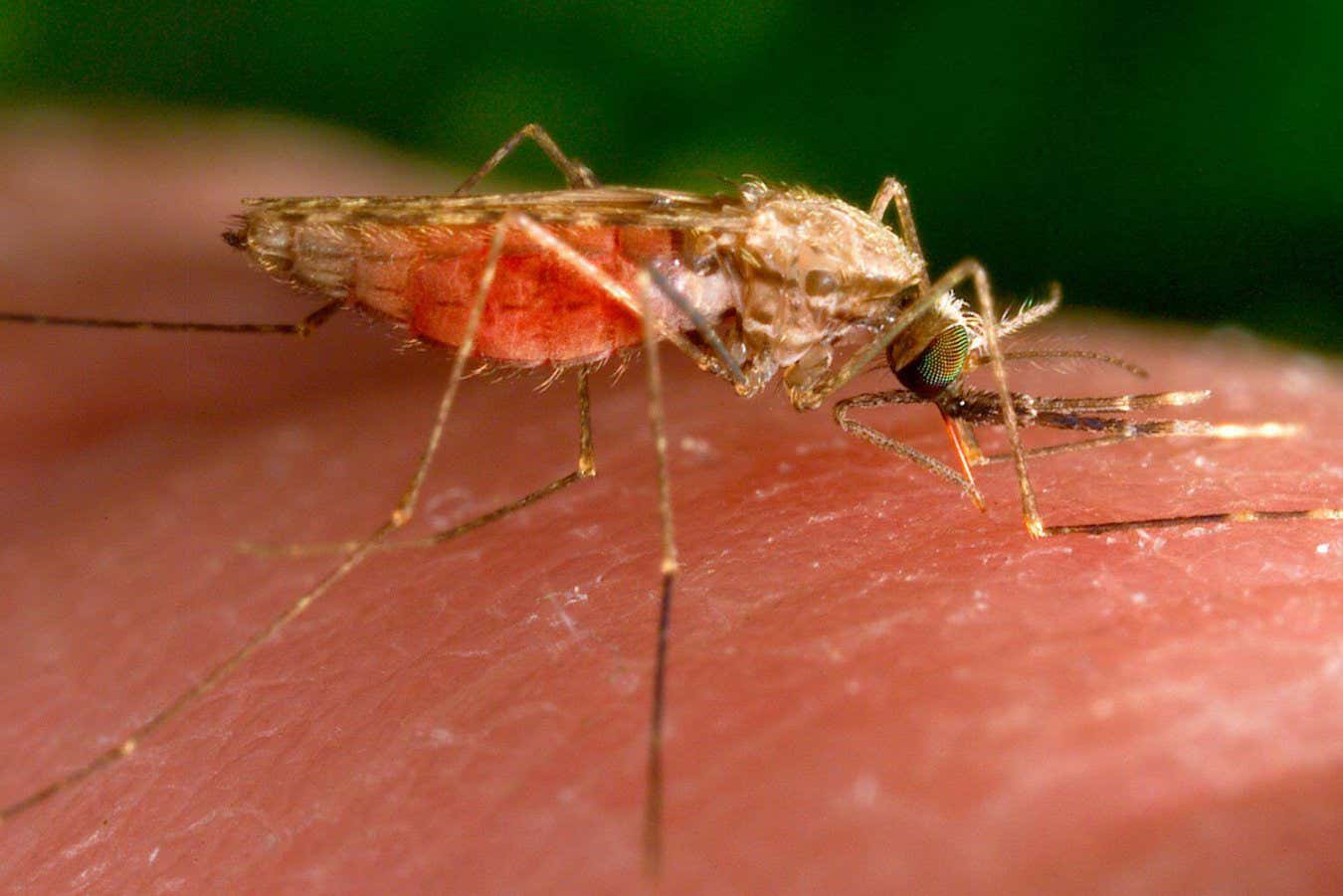The World Health Organization has recommended the malaria vaccine R21/Matrix-M, developed by the University of Oxford, which is considerably cheaper than the vaccine that some countries introduced in 2019
By Clare Wilson
3 October 2023
An Anopheles gambiae mosquito, which can transmit malaria
James Gathany/CDC/AP/Alamy
A second vaccine against malaria has been recommended by the World Health Organization (WHO), which says it is highly effective, low cost and safe.
Called R21/Matrix-M, the vaccine is given as three doses to children up to the age of 3, followed by a booster one year later.
A trial in Burkina Faso showed that this immunisation course reduced cases of malaria by around 75 per cent if given just before the rainy season. This is when malaria peaks as rain leads to stagnant pools of water that mosquitoes, which spread the parasite, breed in.
Advertisement
The other vaccine against malaria, called RTS,S, was introduced in some countries in 2019. Some of its trials suggested a lower efficacy, at 30 to 40 per cent, although one study that gave the vaccine before the rainy season suggested efficacy similar to R21/Matrix-M. It isn’t possible to directly compare the two vaccines without a head-to-head trial, which hasn’t yet been done.
Read more
Dozens of countries have tamed malaria, but can we eradicate it?
Another key advantage of R21/Matrix-M is its low price, as it will probably cost between $8 and $16 for its four-dose course. RTS,S costs about $41 for four doses.
